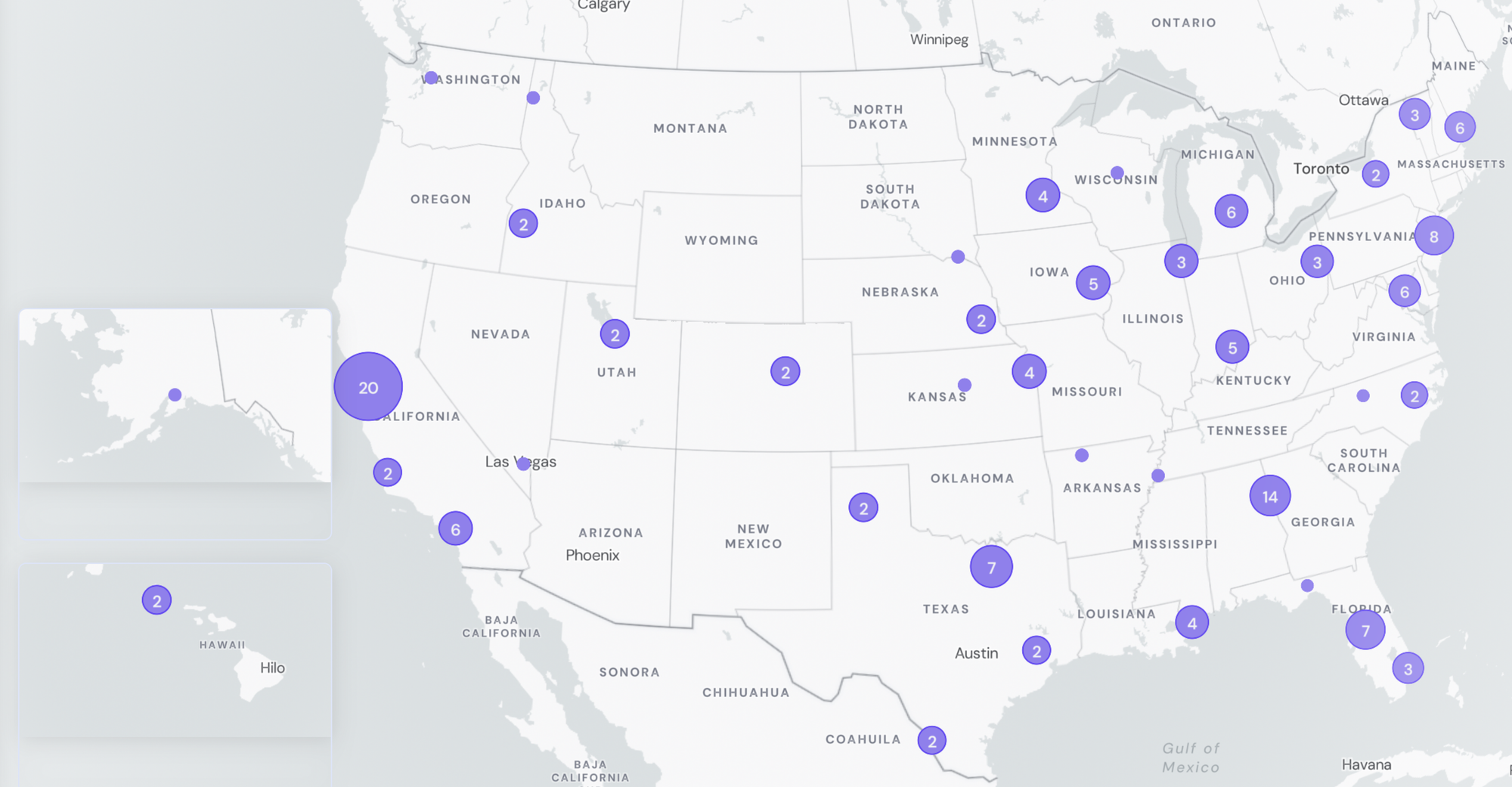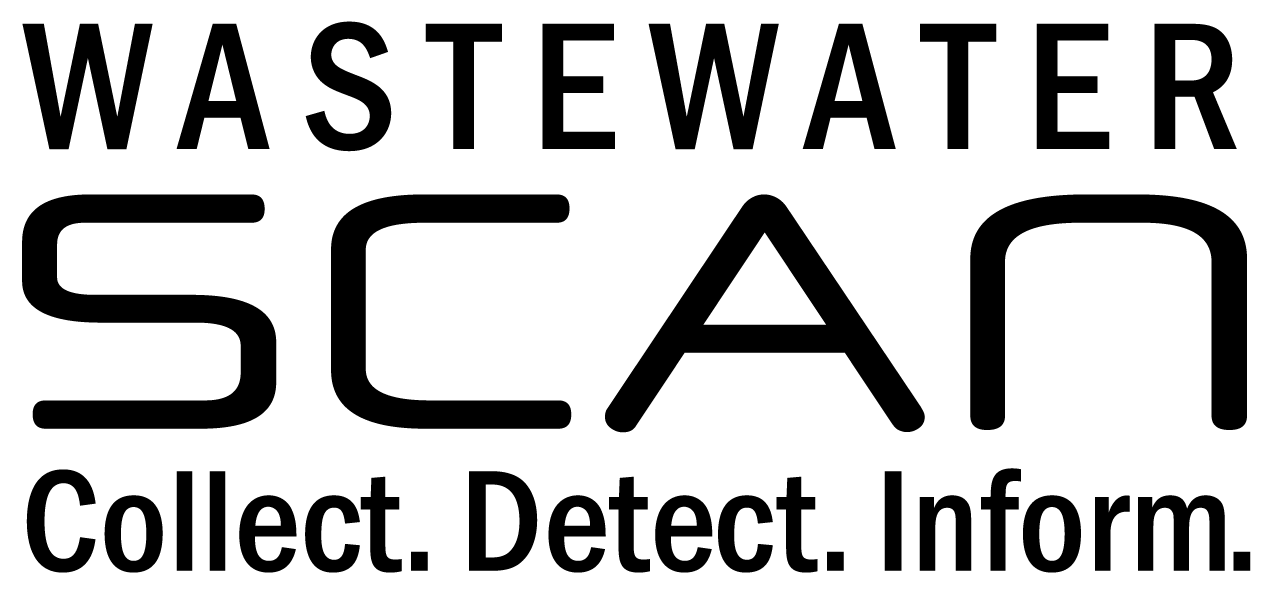About WastewaterSCAN
Our Mission
We monitor infectious diseases through municipal wastewater systems to inform public health responses at a local, regional, or national level. Our goal is to show that a national wastewater monitoring system is a valuable part of our public health infrastructure, can inform public health responses, and will help us prepare for future pandemics.
WastewaterSCAN is based at Stanford University, in partnership with Emory University and funded through philanthropy. We are committed to transparency, scientific rigor, and open science. We make our methods public and publish our research in scholarly journals to subject them to peer review.
Our Newsletter
WastewaterSCAN is committed to transparency and open science. We publish monthly newsletters to share insights to advance the field of wastewater-based epidemiology.
Where we monitor
Wastewater samples are collected from participating sewage treatment plants in nearly 150 locations across 40 states, serving more than 37 million people.

What we monitor
WastewaterSCAN tests samples of solids from municipal wastewater for targets associated with infectious diseases. The concentration of these targets in wastewater is associated with the occurrence of the related disease in the community, and changes in the concentrations of these markers in wastewater over time tell us about changes in the rates of disease in the community. WastewaterSCAN only tests for analytes that are related to infectious diseases. All of our methods are published and open, and are linked here.
As of June 2025, we are testing for the following pathogens:
- Respiratory pathogens: SARS-CoV-2 using a conserved target on the N gene, Influenza A (IAV), Influenza B (IBV), H1, H3 and H5 influenza markers, Respiratory Syncytial Virus (RSV), Human Metapneumovirus (HMPV), and Enterovirus D68 (EVD68)
- Gastrointestinal pathogens: Norovirus GII, Rotavirus GII, Human Adenovirus Group F (HAdV)
- Other pathogens of concern: Candida auris (C.auris), Hepatitis A (Hep A), Measles (MeV), Mpox clade Ib, and Mpox clade II
We continue to develop tools for monitoring new variants and additional infectious diseases, and may add new targets to this panel over time.
We also test for two controls in every sample. Bovine Coronavirus (BCoV) is spiked into each sample as an exogenous recovery control. Pepper mild mottle virus (PMMoV) is measured in each sample as a normalizing control. PMMoV is a virus that infects peppers and is highly abundant in wastewater. Measuring PMMoV helps us control for variations that occur in wastewater from day to day at a single site and between sites.
